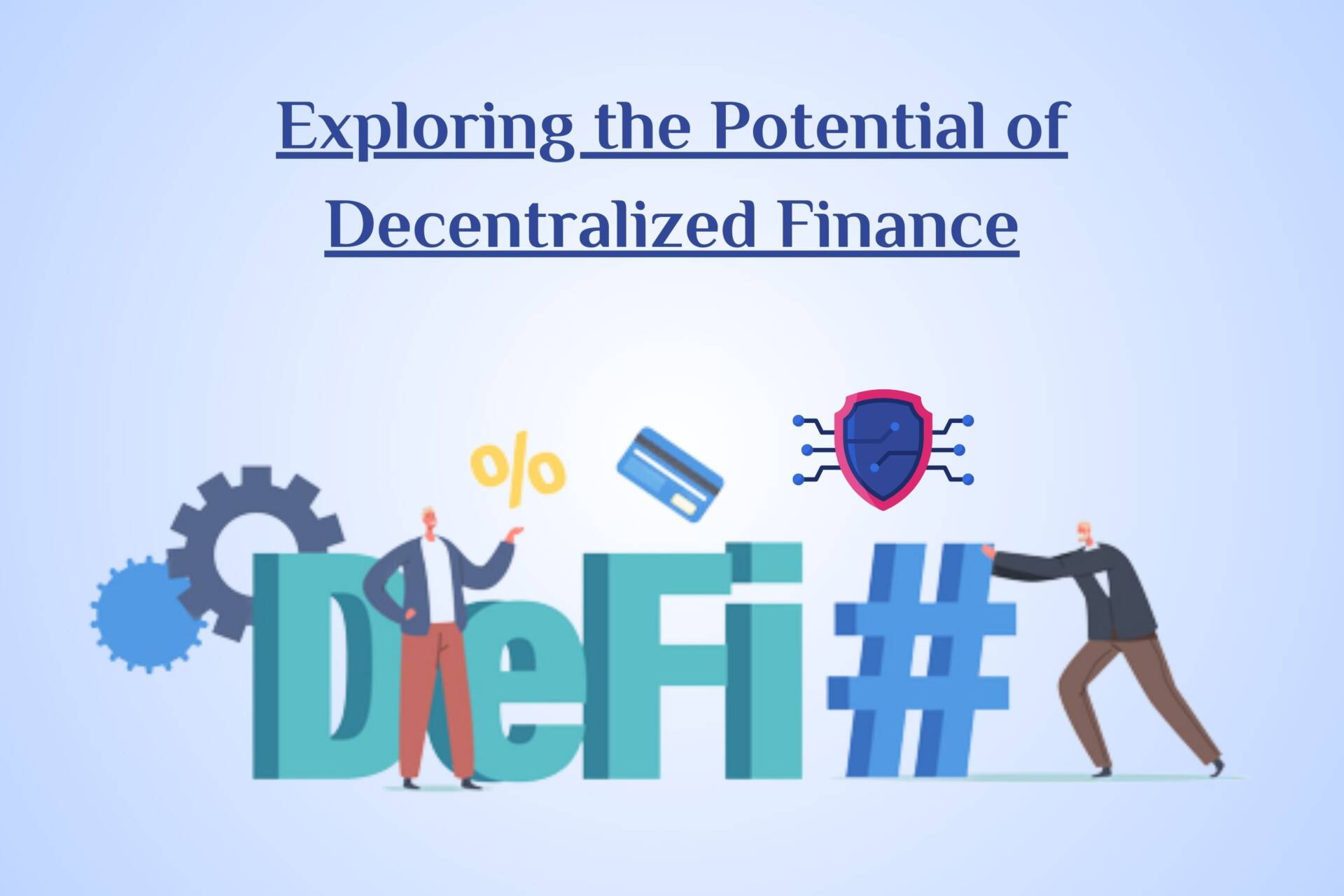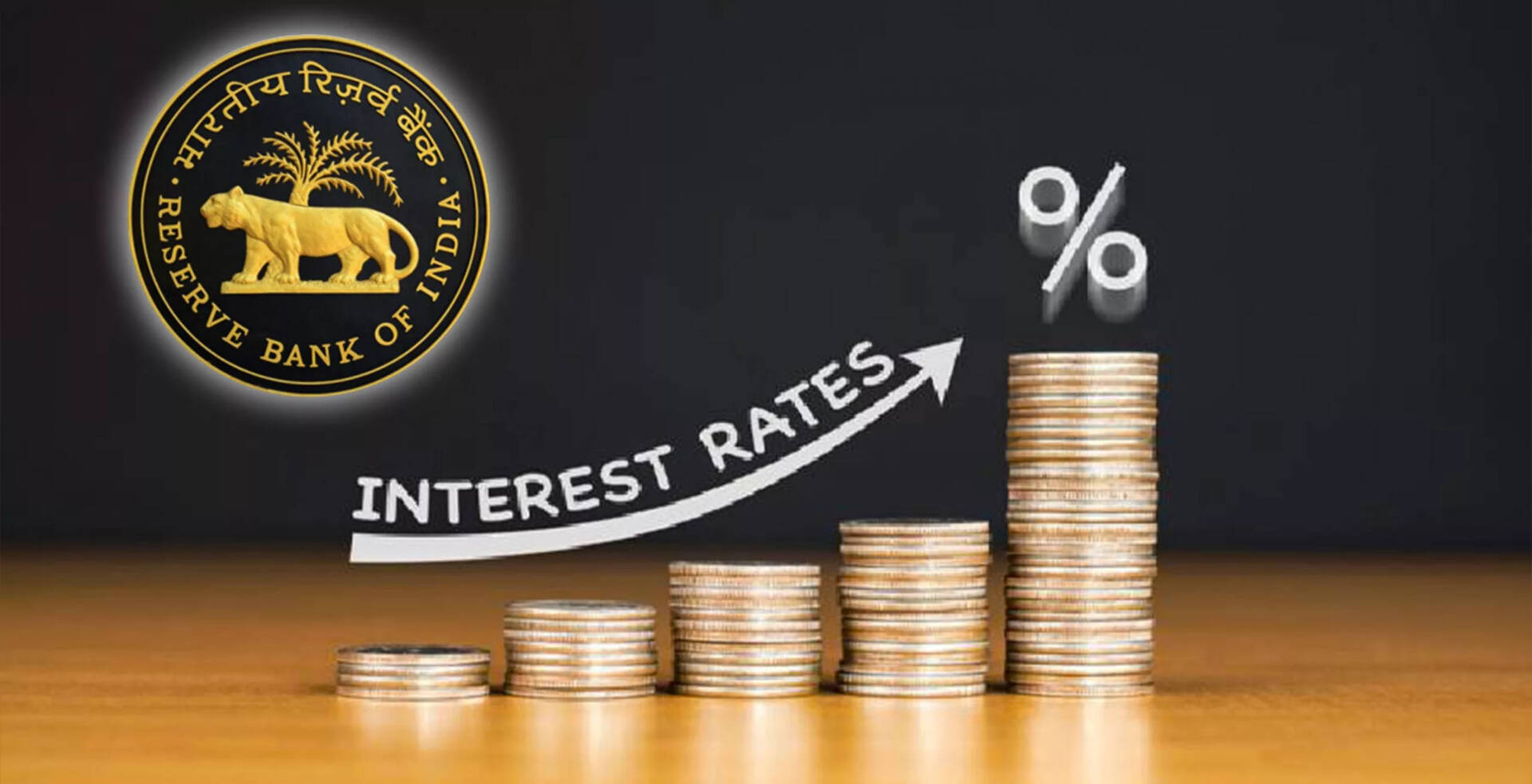Exploring the Potential of Decentralized Finance
Introduction
Exploring Decentralized Finance (DeFi) has the potential to transform traditional financial institutions by combining blockchain technology and smart contracts to create open, transparent, and accessible financial services. Individuals can participate in financial activity with DeFi without relying on intermediaries such as banks or brokers. This opens up a world of possibilities for people who are excluded from traditional banking institutions, such as the unbanked or underbanked populations.
One of DeFi’s primary characteristics is its capacity to facilitate peer-to-peer transactions and eliminate the requirement for trust in centralized authorities. DeFi platforms facilitate lending, borrowing, trading, insurance, and other activities through automated processes governed by smart contracts. Because transactions are recorded immutably on the blockchain, the possibility of fraud, censorship, and manipulation is reduced. Also DeFi encourages financial inclusion by providing services to everyone with an internet connection and a digital wallet. This has the ability to empower people in economically challenged areas where traditional financial services are limited. Furthermore, DeFi provides individuals with the opportunity to generate passive income by supplying liquidity to decentralized exchanges or participating in yield farming.
The Benefits of Decentralized Finance
As previously said, DeFi can present numerous chances for all parties involved in the financial realm. Here are a handful of them:
Inclusion in Finance: Bank populations (individuals who have opened a checking or savings account with an FDIC-insured institution) and underbanked households (individuals who have accounts with FDIC institutions but use alternative financial services, or AFS), are just a few of the groups that Decentralized Finance offers financial services to. This is becoming more popular in poorer countries. As a result, DeFi is an excellent option for increasing financial inclusion.
Efficiency and Transparency: Also DeFi platforms provide greater transparency and efficiency than traditional institution services. This revolutionary financial technology has the potential to simplify transactions while lowering costs, benefiting all stakeholders.
Innovation: Decentralized Finance also provides numerous chances for financial industry innovation by supporting and encouraging the development of new services and products. Because this technology is open-source, the possibilities for financial breakthroughs are limitless. DeFi, backed with trade SaaS such as Bitcoin Loophole, might be the next big thing to replace banks on the financial scene in the coming decade.

Decentralized Finance Poses Risks
Although DeFi has many advantages, there are a few concerns that you should be aware of. They are as follows:
Security: The most serious risk offered by DeFi platforms is vulnerability to hackers. Regrettably, these are not the only security risks associated with this technology. Despite the fact that the blockchain is essentially impregnable, DeFi platforms are vulnerable to smart contract vulnerabilities, which can result in significant financial and data loss.
However, the majority of possible dangers are associated with software systems targeted by hackers.
Systemic Danger: Collateralized lending is used by DeFi platforms, which can pose systemic hazards. The interconnection of these technologies can amplify these concerns. As a result, the danger of ecosystem failure is significant.
Compliance with Regulations: As it is decentralized, this technology may raise regulatory compliance concerns, such as those concerning investor protection and anti-money laundering (AML). DeFi has also been related to noncompliance with know-your-customer (KYC) requirements.
Collateralization Restrictions: While utilizing collateral to secure loans is useful, most transactions require that it equal at least 100% or more of the amount borrowed. As a result, the eligibility conditions for most DeFi loans are tougher and more stringent.
Conclusion
In conclusion, the potential of decentralized finance (DeFi) is enormous and transformational. It promises financial inclusiveness, unrestricted innovation, and the disintermediation of established financial systems. DeFi has proven its potential to provide decentralized lending, borrowing, trading, and investing opportunities, giving individuals more control over their financial holdings. While obstacles such as scalability, regulatory clarity, and security issues persist, DeFi’s continuous growth and development hold immense promise for transforming the global financial scene. DeFi has the ability to alter traditional finance, democratize access to financial services, and empower consumers worldwide with continued developments and adoption.



